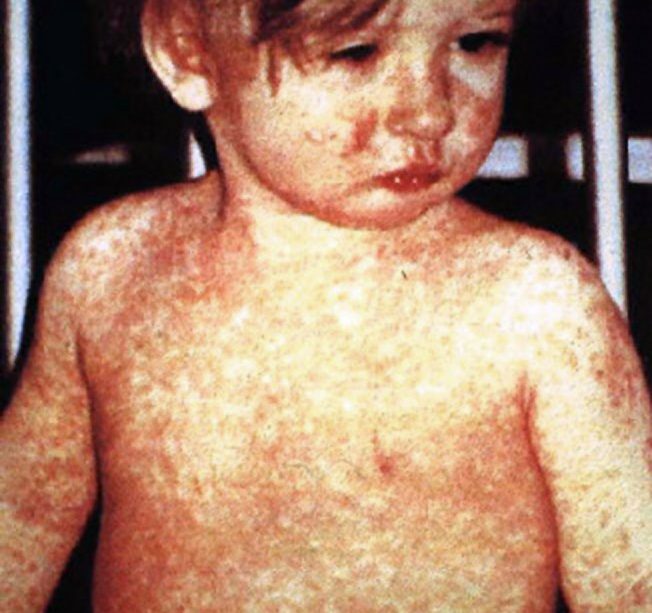Understanding Congenital Measles: Importance and Implications

Introduction: A Serious Public Health Concern
Congenital measles, a rare but serious condition, results from a pregnant woman contracting the measles virus and passing it to her fetus. Given the recent resurgence of measles in various parts of the world, understanding congenital measles becomes vital for public health. Often overlooked, this condition can lead to severe complications for newborns, making awareness and prevention crucial for parents and healthcare providers alike.
What is Congenital Measles?
Congenital measles occurs when a mother contracts measles during pregnancy, particularly in the first and second trimesters. The virus can cross the placental barrier, leading to infections in the fetus. According to the World Health Organization (WHO), measles remains a leading cause of vaccine-preventable childhood mortality globally, with up to 142,000 deaths in 2018 alone. The incidence of congenital measles is significantly impacted by vaccination rates and public health policies.
Symptoms and Long-Term Effects
Infants born with congenital measles may exhibit symptoms such as low birth weight, skin rashes, and visual or auditory impairments. In some cases, they might face severe complications such as pneumonia, as well as developmental delays. Long-term health effects can include chronic neurological disorders and a higher risk of subsequent infections. The severity of these complications emphasizes the need for vaccination against measles for women of childbearing age.
Recent Outbreaks and Vaccination Efforts
Recent outbreaks of measles in North America and Europe have raised concerns regarding vaccination rates. In Canada, health authorities stress the importance of maintaining herd immunity to prevent such a resurgence. The public health recommendation is to ensure that all children receive the measles-mumps-rubella (MMR) vaccine, which is typically administered in two doses during childhood. This vaccination can be crucial not only for individual health but also for the broader community, preventing the risk of congenital measles.
Conclusion: The Path Forward
Preventing congenital measles hinges on increasing vaccination rates and educating expectant mothers about the risks associated with rubella and measles during pregnancy. The importance of vaccinations cannot be overstated, as they are pivotal in protecting both the mother and child from preventable diseases. Public health authorities should continue to prioritize vaccination programs to mitigate the risks of congenital measles and safeguard future generations with proper awareness and proactive health measures.









